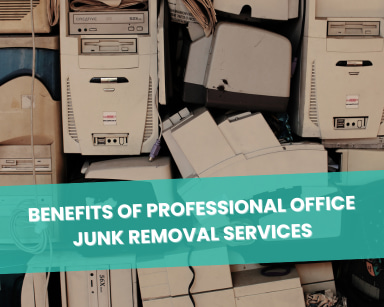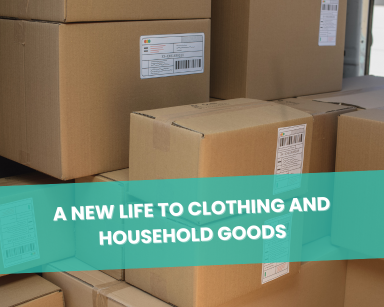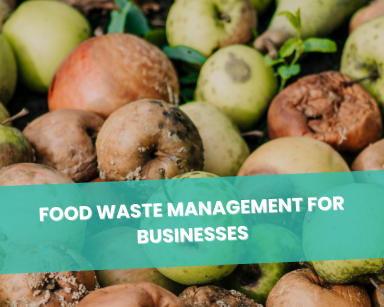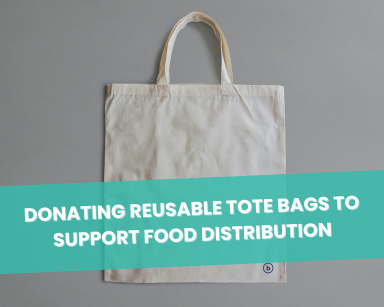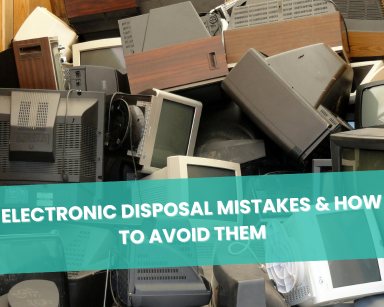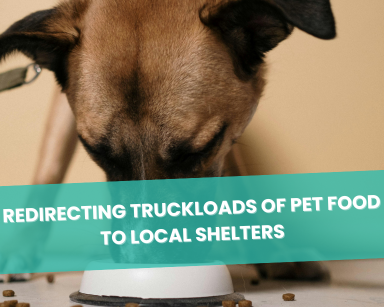How to Reduce Food Waste and Create a Sustainable Future
Food waste plagues our world, a cruel irony amid widespread hunger. Forty percent of U.S. food ends up trashed, reflecting a global pattern. This excess burdens landfills, worsens food insecurity, and fuels climate change. Yet hope persists. Salvaging edible food can feed communities and cut emissions.
Addressing this issue tackles multiple crises at once. Food waste reduction offers a sustainable path forward. It promises environmental, social, and economic gains. This urgent challenge demands swift, creative action to unlock its triple benefits.
Happen Ventures leads the charge against this growing threat, transforming discarded materials into valuable resources. Their community-based strategy inspires creative answers. There are easy steps that both individuals and businesses may take to reduce food waste.
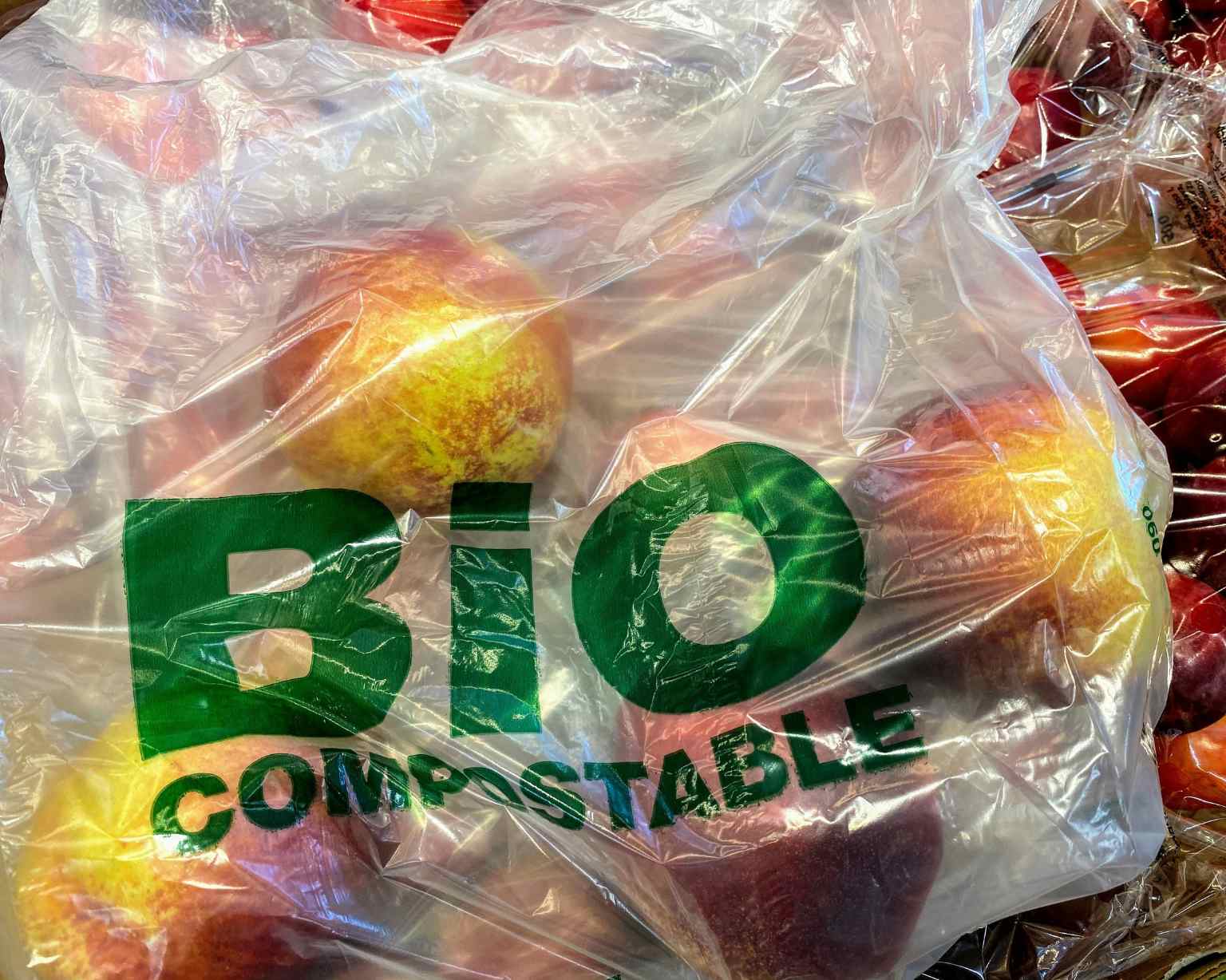
Table of Contents
The Environmental Impact of Food Waste
Food waste squanders precious resources and fuels climate change. From farm to table, wasted food drains water, land, energy, and labor. Landfilled scraps rot, letting out methane—a heat-trapping menace far worse than CO2. This hidden environmental toll compounds our wasteful habits, intensifying ecological damage with each discarded item. Curbing food waste could dramatically reduce food waste and help combat global warming.
Food waste ranks as the third-largest greenhouse gas emitter globally. Beyond emissions, its impact extends to landfills, depleting resources and damaging ecosystems. In American landfills, discarded food dominates, making over 21% of municipal waste. This sobering reality underscores the urgent need to reduce food waste and address its far-reaching consequences.
Rethinking resource use goes beyond trimming trash. It’s about valuing and consuming the food we grow, maximizing every amount. This shift in mindset transforms waste reduction into a holistic approach to nourishment and sustainability.
Practical Ways to Reduce Food Waste
At Home: Individuals play a key role in the effort to reduce food waste. By making small, mindful changes in our daily habits, we can significantly reduce the amount of food that goes to waste. Here are some practical steps:
- Plan Meals and Shop Smart: Shop smarter with meal plans. Prepped menus guide grocery trips, curbing impulse buys. Lists keep us focused, reducing waste. Buy only essentials, preventing spoilage. Thoughtful preparation leads to thriftier, more sustainable kitchens.
- Store Food Properly: Extend perishables’ longevity through smart storage. Herbs thrive in water, while ripe fruits need refrigeration. Some veggies prefer cool darkness. Date-label leftovers to track freshness. These simple tricks keep produce vibrant and edible far longer, reducing waste and saving money. Also, prioritize consumption based on shelf life for maximum efficiency in your kitchen.
- Get Creative with Leftovers: From trash to treasure, kitchen scraps transform. Vegetable bits become savory soups and hearty stocks. Overripe fruits blend into smooth drinks or bake into sweet treats. This culinary alchemy turns leftovers into meals, cutting waste and costs. Repurposing food stretches budgets and sparks creativity, turning would-be trash into delectable dishes.
In Businesses: Businesses, particularly in the food and hospitality industries, have an opportunity to significantly reduce food waste through smarter practices and technology-driven solutions:
- Improve Inventory Management: Smart systems now track food use in restaurants and stores, spotting trends to fine-tune orders. Live data and predictive tools help businesses buy just enough, cutting waste and spoilage. This tech-savvy approach keeps shelves stocked without excess, saving money and reducing trash.
- Donate Edible Surplus: Donate surplus to food banks. This simple act transforms waste into nourishment. Landfills shrink as bellies fill. By partnering with local charities, companies fight two battles at once—against hunger and against waste. It’s a recipe for community impact.
- Utilize Imperfect Produce: Imagine a world where every odd-shaped carrot finds a home. Supermarkets currently discard edible food based on looks alone. But change is possible. By stocking ‘ugly’ produce, retailers can slash waste dramatically. This bold move educates consumers about appearance versus quality. Shoppers learn to value nutrition over perfection. Embracing imperfect fruits and vegetables benefits both businesses and the environment.
Happen Ventures’ Role in Reducing Food Waste
We developed innovative solutions to reduce food waste and divert it from landfills. Our holistic approach transforms a problem into valuable resources. By partnering with others, we’re creating a more sustainable food system for all.
One of our key initiatives involves partnering with food manufacturers to repurpose surplus food and byproducts. For example, excess dough, dumplings, and noodles that would otherwise be discarded are instead directed to community organizations or animal feed programs. By doing this, we not only help reduce landfill waste but also support local communities and improve animal welfare.
Success Story: Here’s a success story: In a recent collaboration with a major food manufacturer, Happen Ventures helped redirect over 4 tons of daily food waste away from landfills. This waste, which included baked goods, was distributed to local community centers. The program not only reduced the company’s waste disposal costs but also generated positive tax benefits and supported local organizations in need.
Innovative waste diversion systems empower businesses to manage food scraps sustainably and affordably. This approach boosts ESG ratings while maximizing food’s value for humans, animals, and the environment. Together, we’re forging a greener future where resources are utilized wisely and nothing goes to waste.
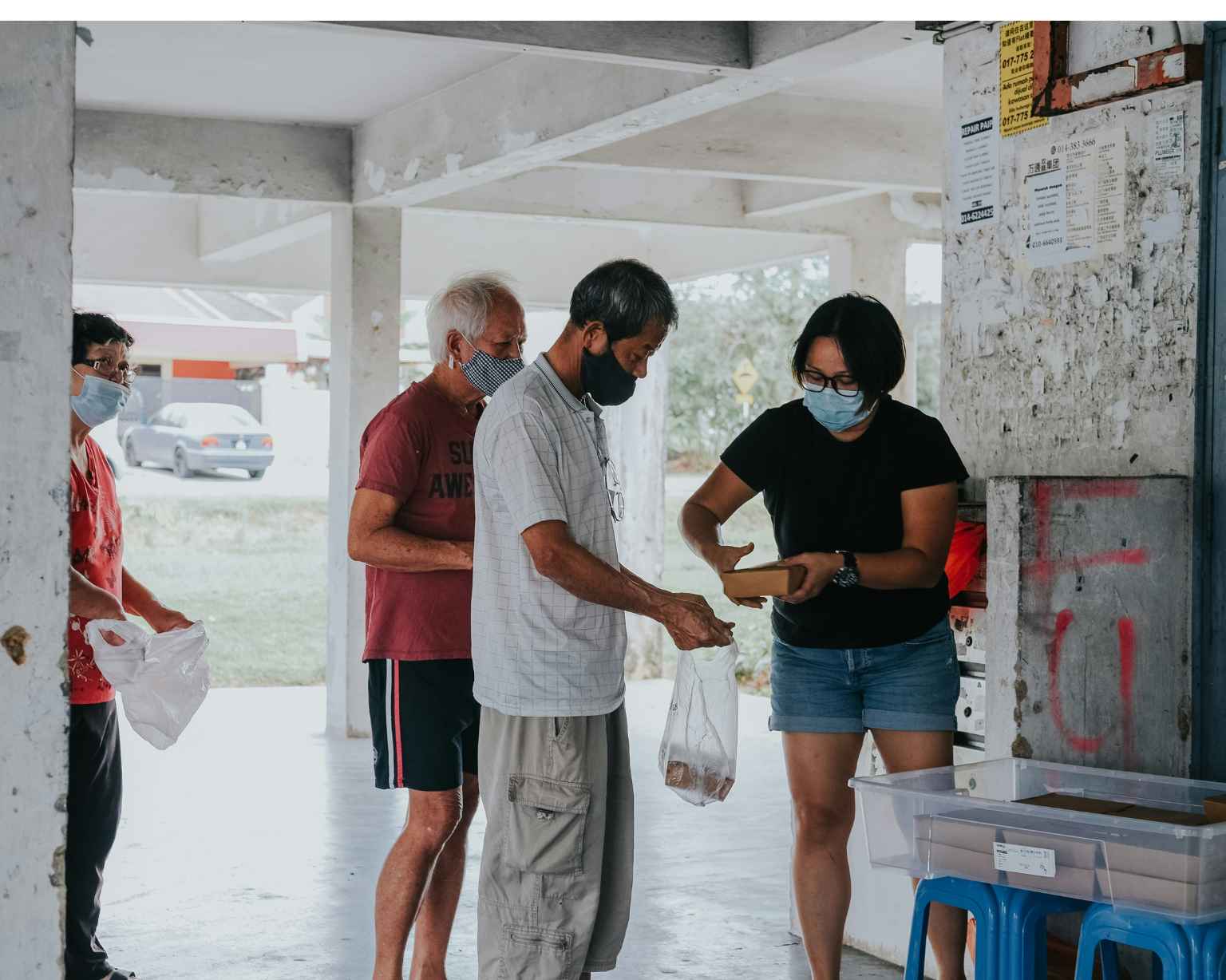
Community Involvement and the Circular Economy
Tackling food waste demands everyone’s involvement. Businesses can’t solve it alone. A circular economy approach offers hope, maximizing resources and minimizing waste. This concept can guide communities, consumers, and governments in their collective efforts. By working together and rethinking our systems, we can make significant strides to reduce food waste across society.
Community Engagement: Be a food waste warrior. Eat mindfully, volunteer with waste-fighting groups, and support eco-conscious businesses. Community programs and educational efforts spread the word, offering practical tips for personal change. Together, we can tackle this global issue one meal at a time, transforming habits and making a lasting impact on our planet’s future.
Food waste reduction thrives on government action. Smart policies spark donation, ease redistribution hurdles, and push businesses towards sustainability. Globally, cities lead the charge. They launch composting programs and build recovery networks, channeling surplus to the hungry. These initiatives transform waste into nourishment, forging a path to a more sustainable future.
Conclusion
From farm to fork, we must reimagine our food system. Every bite counts in the fight to reduce food waste. At home, in shops, and across neighborhoods, small actions add up. Cutting waste slashes emissions, feeds the hungry, and boosts bottom lines. A sustainable future demands we produce, share, and eat smarter. Together, we can nourish both people and the planet, turning potential trash into treasure.
Happen Ventures champions innovative, community-driven solutions to combat food waste. We forge partnerships with food manufacturers, repurpose discards for animal feed, and empower local initiatives. Our mission: spark small changes that yield larger impacts. Through unwavering commitment, we’re reshaping how society views and manages excess food, one creative solution at a time.
Act now to reduce food waste. Let’s forge this future together, transforming how we value and use our food.

